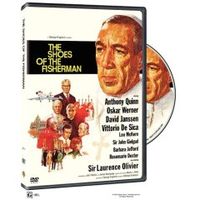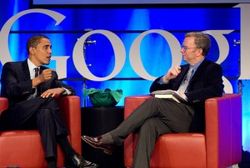
The event was symbolic of a larger change going on in the economy, and thus in politics. Oil would be replaced by technology. Power, and responsibility, would move from Houston to Silicon Valley. The Kochs would fall, the Google guys would rise.
Of course, Silicon Valley hasn’t always been a liberal bastion. The original leaders of Silicon Valley were Republican. David Packard was an assistant secretary of defense under Nixon, during Vietnam. The Valley was always more about Apollo 13 than Woodstock. The Internet was a Cold War activity.
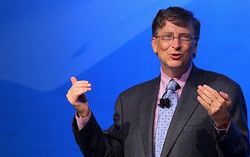
But in the last few years a new spirit has infected the Valley. People who’ve benefitted from Adam Smith now identify more with Nietzsche. It’s not just outliers like Tom Perkins. The Valley is increasingly infected with bozos who, like Travis Kalanick of Uber, think wealth makes them immune to caring about anyone else, and whose raw prejudice and misogyny is right out of the 19th century.
To some extent, this is a product of a lawlessness that originally infected the Internet, and the cyber libertarianism (a stance with which I sympathize) that was its outgrowth. The idea was the freedom could either be on or off, and that West Coast Code 
As the Internet has grown, however, I’ve seen that a Digital Signal Processor (DSP) may be a better analogue for it than a light bulb. The DSP is almost as old as the microprocessor. It’s based on the idea of “saturation arithmetic” – you do a problem within a discrete slice of time, then report the result as you go into the next slice of time. Real time DSPs make it possible to turn any digital stream into an analog one, and vice versa. They make the CD play and they make Netflix work.
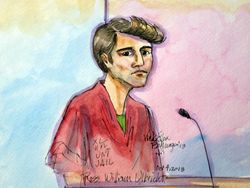
Internet ethics, as I understand them, are based on the radical idea that most people are OK, that they’re well-meaning, albeit complex. It’s the same assumption that drives capitalism and democracy. Not all businessmen are corrupt, neither are all officeholders.
Trolls don’t buy that. Cynicism is powerful. Cynicism combined with enormous wealth can turn personal irresponsibility into global disaster.
I haven’t been too worried about decisions like Citizens United because I know where the money is going. The Koch brothers are in their 80s. Most Silicon Valley leaders are in their 30s and 40s. The Kochs may be able and willing to put $1 billion into the 2016 campaign. Will they even be around for 2020? Larry Page will. Tom Steyer will. The money will, over time, balances out.
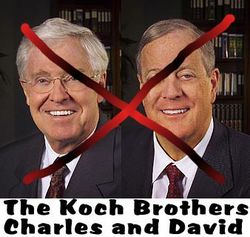
But in the era of energy abundance we’re entering, human capital becomes the gating factor, so the more super-smart, highly-motivated people in your company or your economy, the better you do. You can’t whip people into being both smart and highly-motivated. You can only nurture them in that direction.
Freedom, democracy, capitalism, and liberty are the ingredients that increasingly set the fast-growing, successful people, companies and countries from the laggards in our time, and as resource scarcity becomes less important that becomes ever-more important. Nurturing and seducing talent are best done in an atmosphere of freedom.
The danger lies in the assholes like Kalanick. The danger lies in the trolls. The danger lies in those who read Nietzsche as Ayn Rand did, as an excuse to say “fuck all” to everyone else in the world except their own privileged selves. How many are there in Silicon Valley? How ruthless are they? Are they willing to put their money where their big mouths are, and are the friends of freedom unwilling to match them?
That’s the key political question for 2016 and beyond. It’s the Silicon Valley primary that will drive political power in the future, and liberty must win it.


